The Surging Demand for Modern Dining Table and Chairs in Rental and Hospitality
 Apr 27,2025
Apr 27,2025
 2277
2277
 Topmax Furniture
Topmax Furniture
The rental and hospitality sectors are undergoing a transformative shift in interior design priorities, driven by evolving consumer expectations and competitive market dynamics. At the heart of this transformation lies the growing demand for modern dining table and chairs—a trend reshaping how short-term rentals, long-term apartments, hotels, and co-living spaces curate their environments.
Modern dining furniture is no longer merely functional; it has become a strategic tool for enhancing user experience, optimizing space utilization, and reinforcing brand identity. Sleek lines, modular designs, durable materials, and aesthetic versatility define this category, aligning perfectly with the needs of commercial clients who seek to balance practicality with visual appeal. For suppliers, this surge presents both opportunities and challenges: understanding the nuanced demands of hospitality buyers, adapting to rapid procurement cycles, and delivering solutions that cater to diverse project scales.
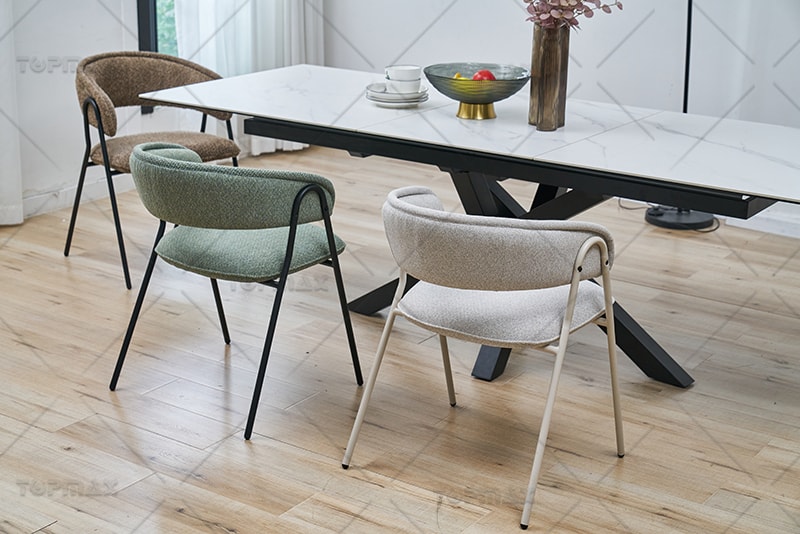
The Strategic Importance of Modern Dining Furniture in Rental and Hospitality
The rental sector, encompassing short-term stays, corporate housing, and long-term leasing, has become a battleground for innovation. Property owners and operators now recognize that furniture choices directly impact occupancy rates, tenant satisfaction, and operational costs. Similarly, the hospitality industry—spanning hotels, resorts, restaurants, and cafés—is leveraging dining spaces as differentiators in an era where guest experiences determine brand loyalty. In both sectors, the modern dining table and chairs serve as more than functional items; they are ambassadors of brand identity, catalysts for social interaction, and symbols of contemporary living.
For furniture suppliers, this market shift presents a dual opportunity: to scale production for high-volume projects while maintaining the agility to customize solutions for niche clients. However, success hinges on a deep understanding of sector-specific pain points. Rental operators prioritize durability and cost-efficiency, while hoteliers emphasize design uniqueness and guest comfort. Bridging these demands requires a blend of creative ingenuity, operational excellence, and strategic partnerships.
Short-Term Rentals: Balancing Aesthetics and Endurance
The short-term rental market, epitomized by platforms like Airbnb and Vrbo, has revolutionized travel accommodation. Property owners now compete in a global marketplace where listing aesthetics and guest reviews dictate success. Contemporary dining room sets in this context must balance visual appeal with practicality. Sleek, minimalist designs with neutral color palettes appeal to broad audiences, while compact, space-saving configurations cater to urban apartments and studio layouts. Lightweight materials such as aluminum or engineered wood reduce shipping costs and simplify assembly—a critical advantage for hosts managing multiple properties.
Beyond aesthetics, durability is paramount. Furniture in short-term rentals endures frequent turnover, spills, and varying levels of guest care. Suppliers must invest in scratch-resistant finishes, reinforced joints, and stain-resistant fabrics to extend product lifecycles. Additionally, the rise of remote work has elevated dining areas into hybrid workspaces, necessitating tables with integrated power outlets or adjustable heights. Chairs with ergonomic support and lumbar padding are also gaining traction as guests prioritize comfort during extended stays.
Long - term Rental Apartments
The long - term rental apartment market has been experiencing a significant upswing in recent years, and the demand for modern dining table and chairs within this sector is a testament to broader trends in the housing market.
Urbanization and Population Mobility
As the process of urbanization continues to accelerate, a large number of people are migrating from rural areas to cities in search of better job opportunities, educational resources, and a higher quality of life. This population movement has led to a substantial increase in the demand for rental housing. In major cities around the world, the influx of young professionals, students, and migrant workers has created a booming long - term rental market. For instance, in cities like Shanghai, China, and London, UK, the continuous arrival of new residents has made long - term rental apartments a popular housing choice.
These long - term renters, especially the younger generation, have different expectations when it comes to their living spaces compared to previous generations. They place a high value on the overall living experience and the aesthetic appeal of their rental homes. The contemporary dining room sets are not just a piece of furniture for them; it is an essential element in creating a comfortable and stylish living environment. A well - designed modern dining table and chairs can transform a simple rental apartment into a homey and inviting space. For example, a young professional who has just moved to a new city for work may choose a rental apartment with modern dining furniture because it gives them a sense of comfort and sophistication, making it easier for them to adjust to their new surroundings.
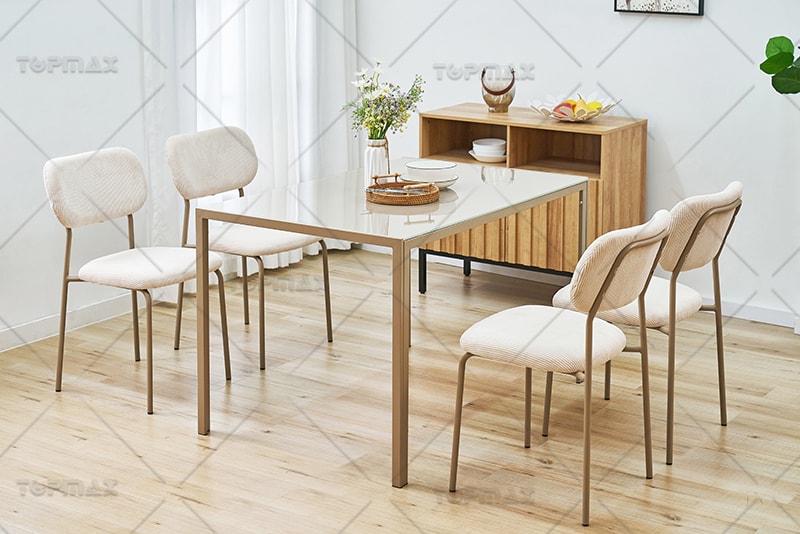
Landlord's Competitive Edge
Landlords and property management companies in the long - term rental market are also increasingly aware of the importance of modern dining table and chairs in attracting tenants. In a highly competitive rental market, where there are numerous options available for renters, landlords need to find ways to make their properties stand out. One effective way to do this is by providing high - quality, modern furniture.
Modern dining sets can enhance the overall value and desirability of a rental apartment. A sleek, contemporary dining table and comfortable chairs can create a focal point in the dining area, making it more appealing to potential tenants. This, in turn, can lead to higher occupancy rates and potentially allow landlords to charge slightly higher rents. For example, a landlord in a trendy neighborhood of a city might invest in modern dining furniture for their rental properties. The modern dining sets not only attract more tenants but also give the landlord the ability to command a premium price due to the enhanced living experience they offer. Additionally, modern furniture is often more durable and easier to maintain, which can save landlords on long - term replacement and maintenance costs.
Hospitality Sector: Elevating Brand Identity Through Design
The hospitality sector’s demands are equally nuanced. Luxury hotels increasingly view dining areas as extensions of their brand story, incorporating local craftsmanship or sustainable materials into their furniture choices. A boutique hotel in Bali, for instance, might feature teak contemporary dining room sets crafted by local artisans, while a Scandinavian-inspired property could prioritize light oak tables with clean lines. Conversely, budget hotels and hostels require stackable chairs and foldable tables to optimize space during low-occupancy periods.
Restaurants and cafés are another critical sub-sector. As these venues adopt hybrid models—blending dining, co-working, and event spaces—furniture must adapt to diverse uses. A café might use the same tables for morning coffee service and evening wine tastings, necessitating durable, easy-to-clean surfaces. Noise reduction is another priority, with upholstered chairs and textured tabletops helping dampen acoustic levels in crowded venues.
Supplier Strategies: Innovation, Agility, and Customization
To thrive in this dynamic market, suppliers must adopt a multi-pronged strategy that combines design innovation, supply chain agility, and customer-centric customization. Design innovation extends beyond aesthetics to address functional needs. Modular tables with interchangeable legs or extendable leaves allow properties to reconfigure spaces based on occupancy.
Supply chain agility is equally vital. Rental and hospitality projects often operate on tight timelines, with last-minute changes to orders or specifications. Suppliers can gain a competitive edge by establishing regional production hubs to reduce lead times and leveraging digital tools like 3D configurators. These platforms enable clients to visualize customizations—such as fabric swatches or finish options—in real-time, streamlining decision-making.
Customization at scale is another differentiator. Large-scale hotel chains and apartment complexes require furniture that aligns with brand guidelines while accommodating regional preferences. Suppliers can offer bespoke solutions, such as chairs upholstered in corporate colors or tables engraved with logos, without sacrificing production efficiency. Tiered product lines—premium, mid-range, and economy options—allow clients to balance quality with budget constraints.
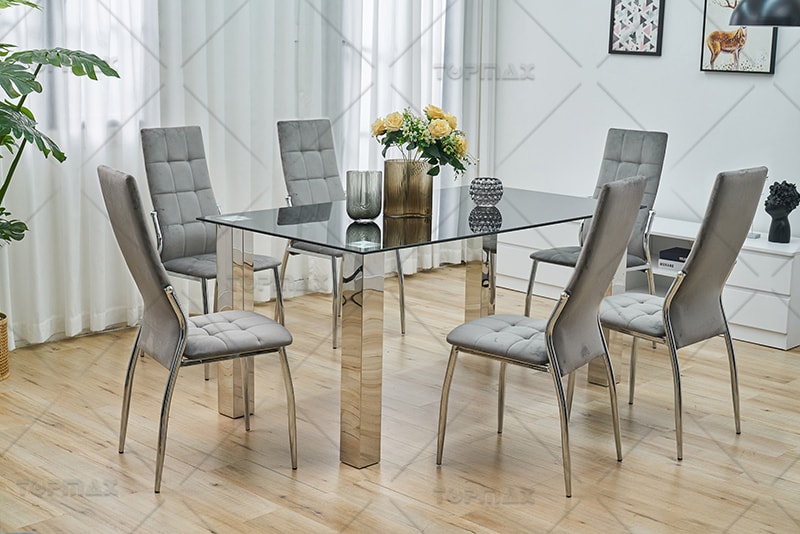
The demand for modern dining table and chairs in the rental and hospitality sectors is on an upward trajectory, and this trend is expected to continue in the foreseeable future. The unique combination of style, functionality, and durability offered by these furniture pieces makes them an indispensable part of the interior design in these sectors.
In the rental market, both long - term and short - term rental properties are recognizing the value of modern dining furniture in attracting tenants and guests. As urbanization and population mobility continue to drive the growth of the rental market, landlords and property managers need to keep up with the changing tastes and expectations of renters. By investing in modern dining table and chairs, they can enhance the competitiveness of their properties, increase occupancy rates, and potentially achieve higher rental incomes.
Similarly, the hospitality sector, including hotels, restaurants, and cafes, is leveraging modern dining furniture to create memorable experiences for their guests. In a highly competitive hospitality market, where every detail matters, modern dining table and chairs can make a significant difference in setting a venue apart from its competitors. They contribute to the overall aesthetic appeal, comfort, and functionality of the dining areas, which in turn can lead to higher customer satisfaction, positive reviews, and increased loyalty.
For suppliers in the furniture industry, the growing demand for modern dining table and chairs presents both opportunities and challenges. Those who can optimize their supply chains, offer customization services, ensure fast - track production and delivery, and embrace technology will be better positioned to meet the needs of their customers in the rental and hospitality sectors. By doing so, they can not only capture a larger share of the market but also build long - term relationships with their clients.
As we look ahead, the future of modern dining table and chairs in the rental and hospitality sectors is indeed promising. With the continuous evolution of these sectors and the increasing focus on providing high - quality experiences, the demand for well - designed, functional, and durable dining furniture will only grow. Furniture importers and project suppliers have a golden opportunity to be part of this growing market. By staying attuned to the latest trends, understanding the specific needs of their customers in the rental and hospitality sectors, and partnering with reliable suppliers, they can unlock significant business potential. Whether it's supplying contemporary dining room sets to a new hotel chain, equipping a fleet of short - term rental apartments, or refreshing the dining areas of long - term rental properties, there are ample opportunities to drive growth and success in this dynamic market.
 Inquire Now
Inquire Now



 Français
Français
 Home
Home TOPMAX Furniture Captivates Global Buyers with Innovative Offerings at 2025 Canton Fair
TOPMAX Furniture Captivates Global Buyers with Innovative Offerings at 2025 Canton Fair  You May Also Like
You May Also Like 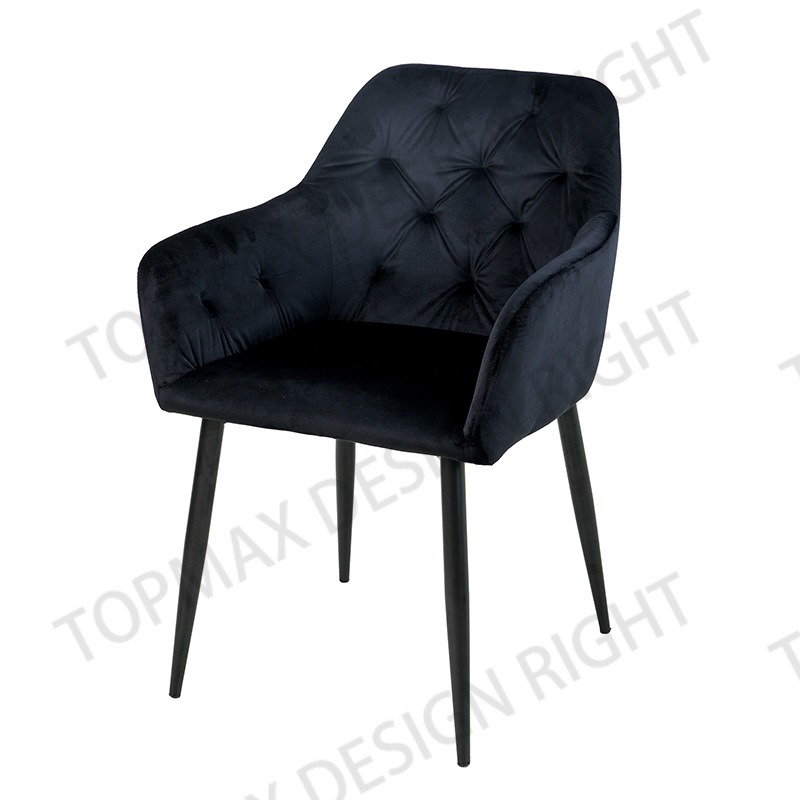

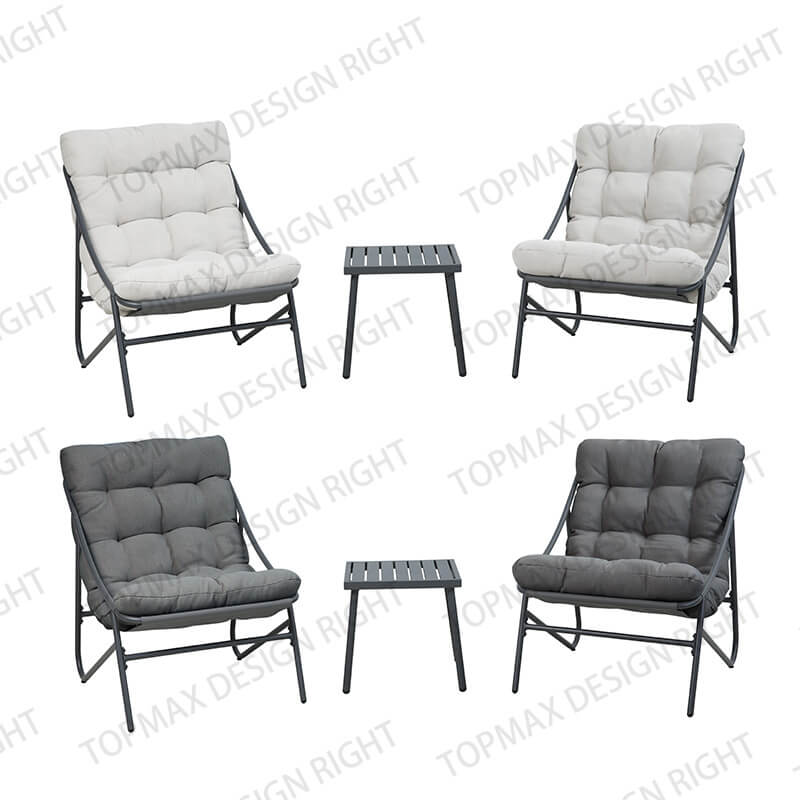
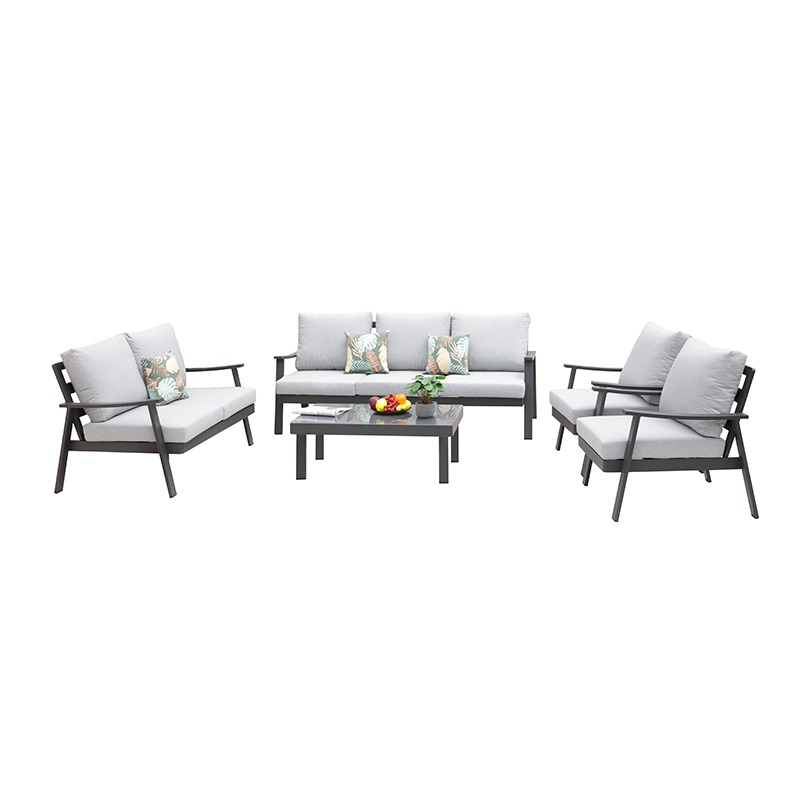

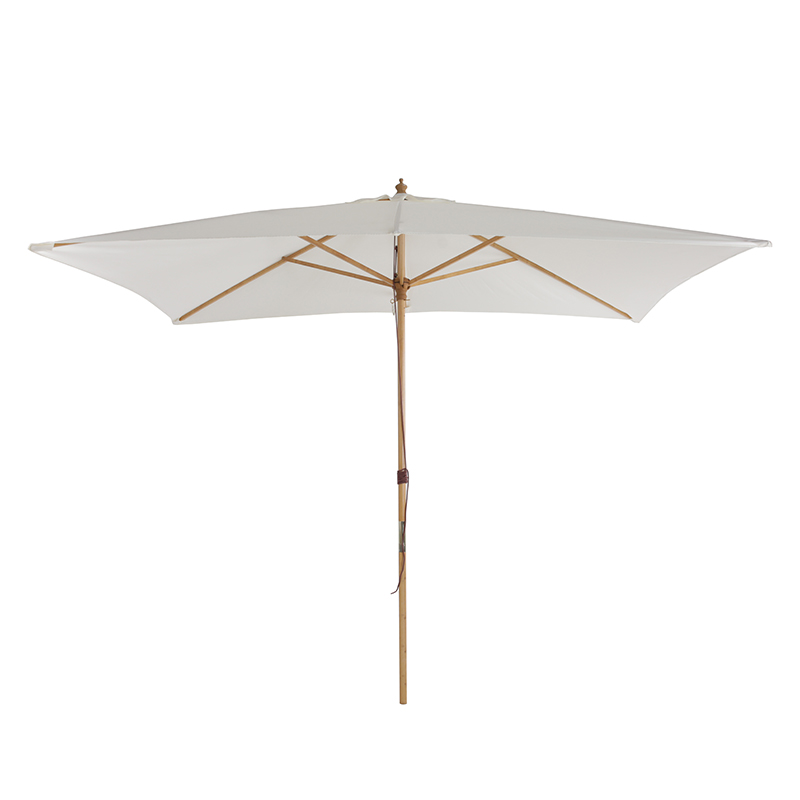
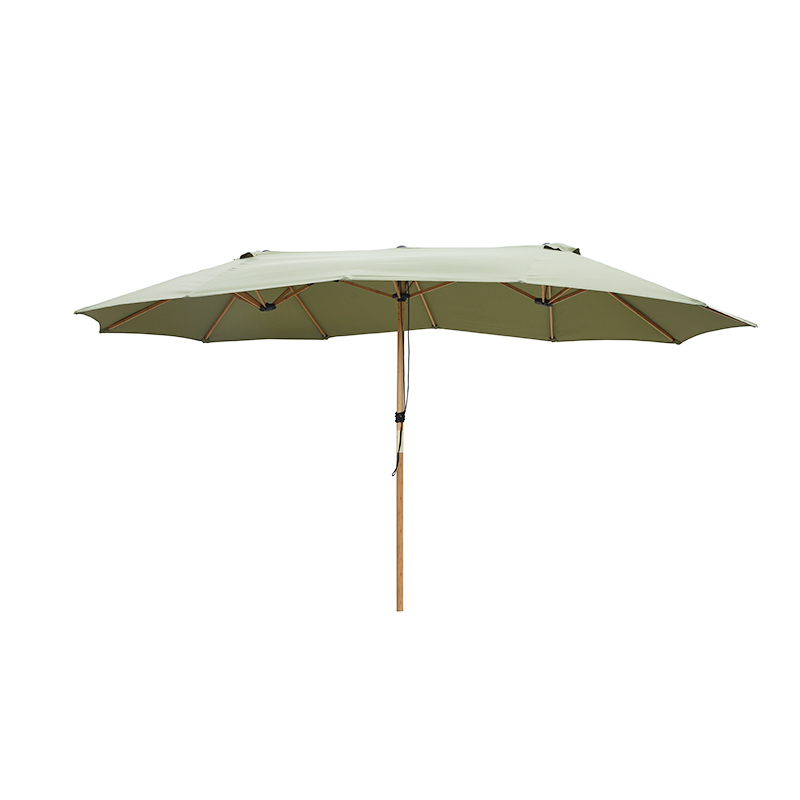
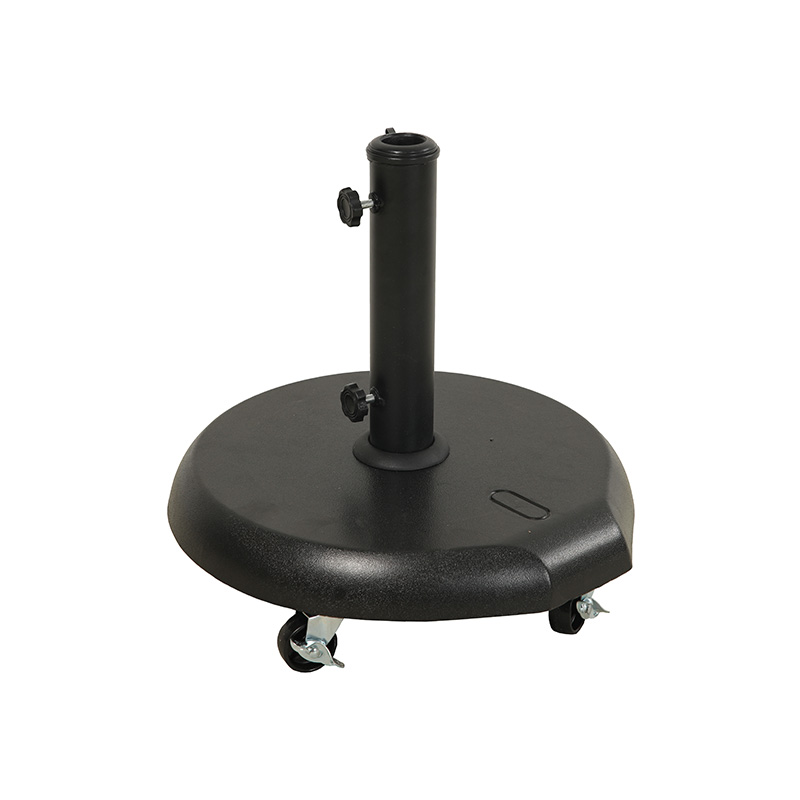
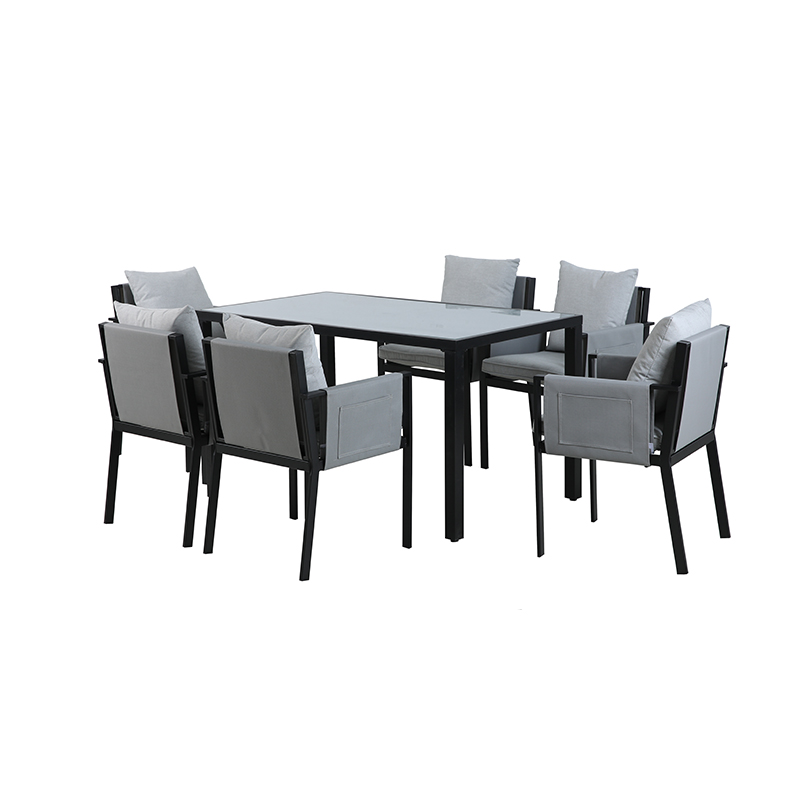
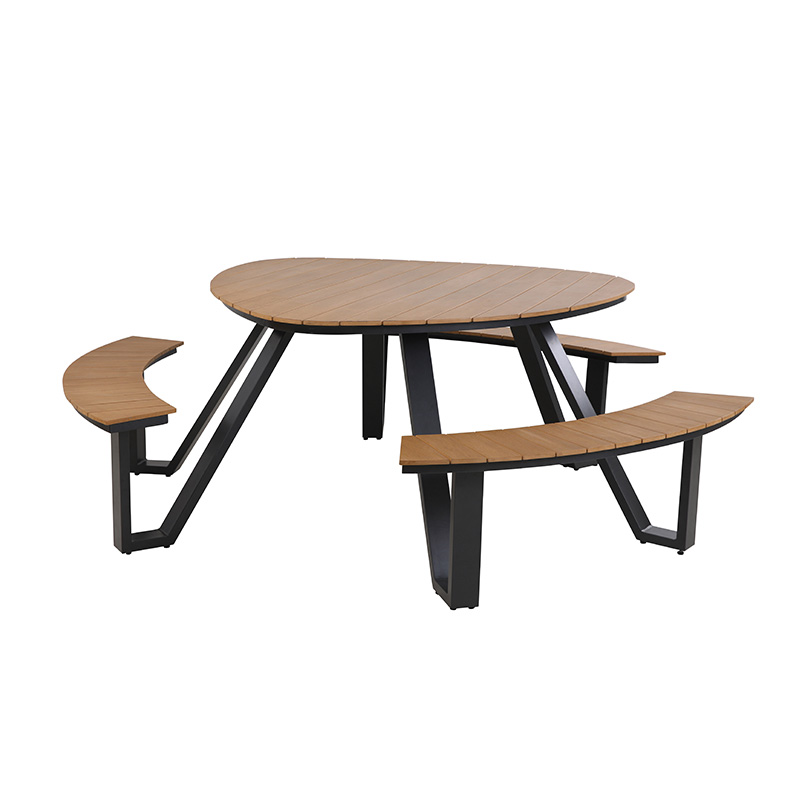
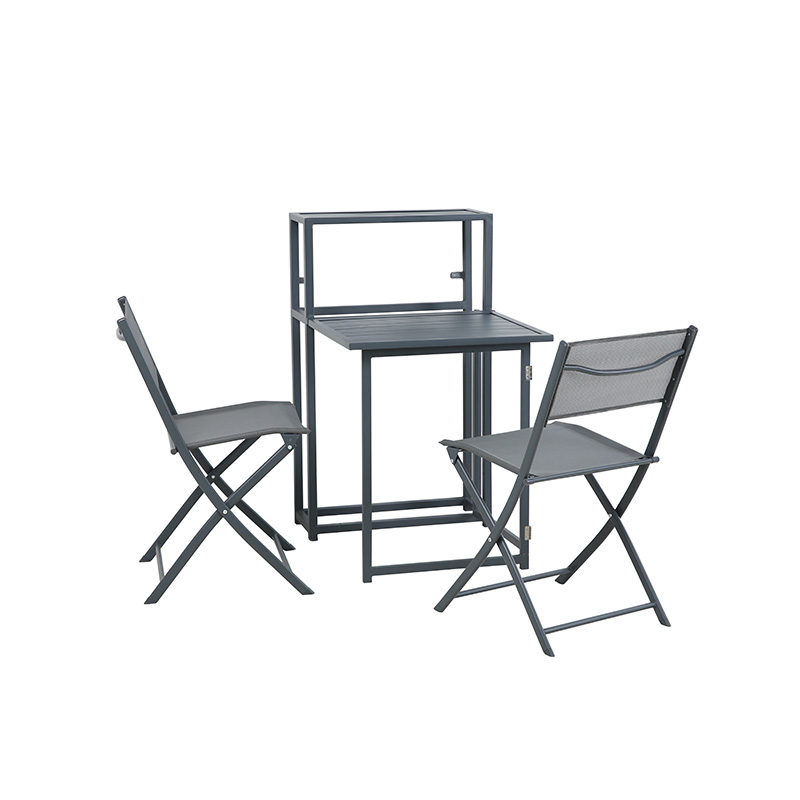
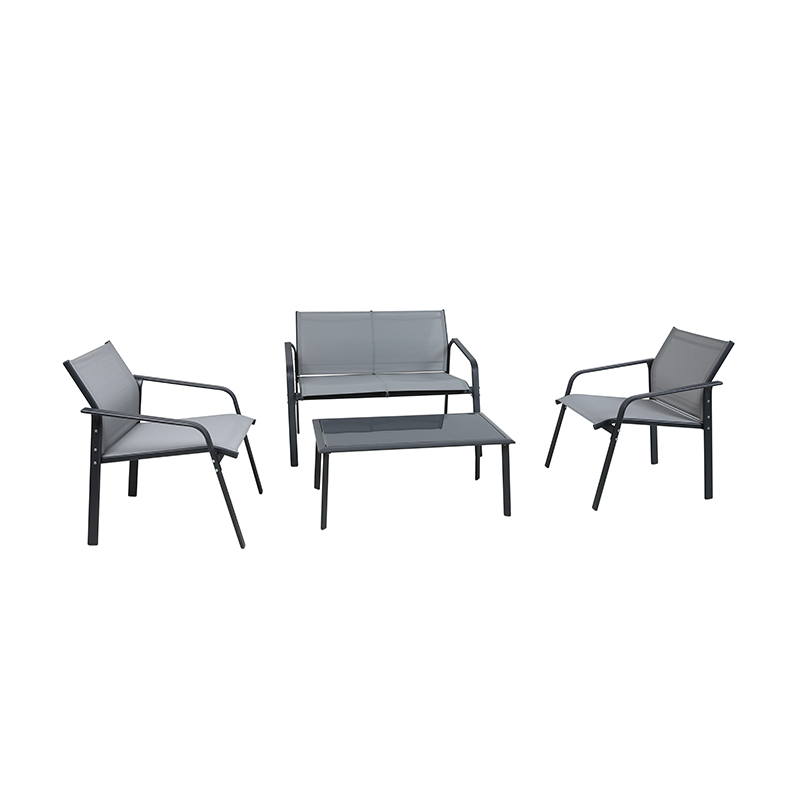
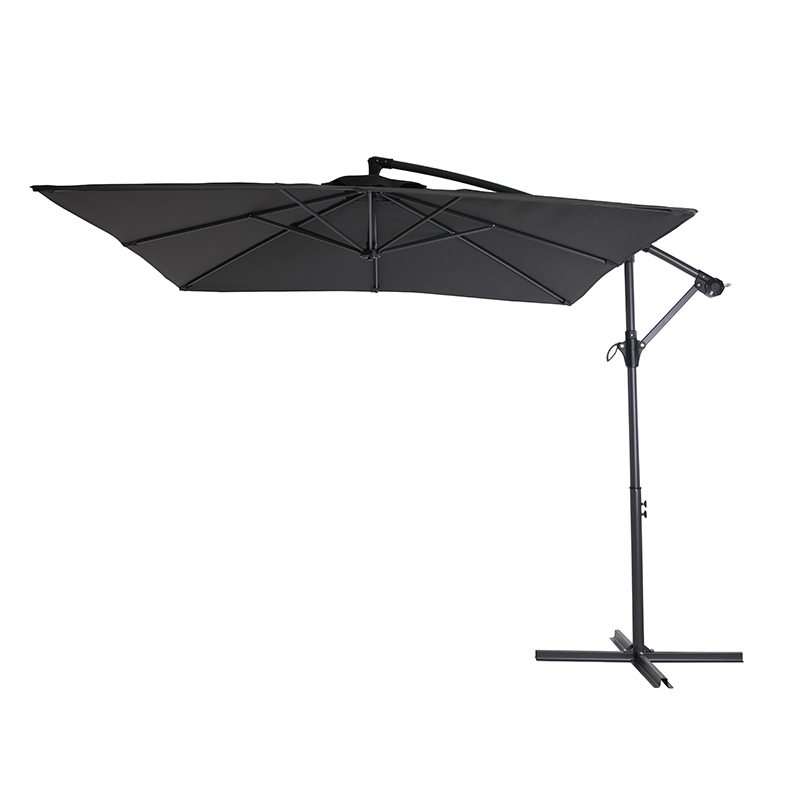
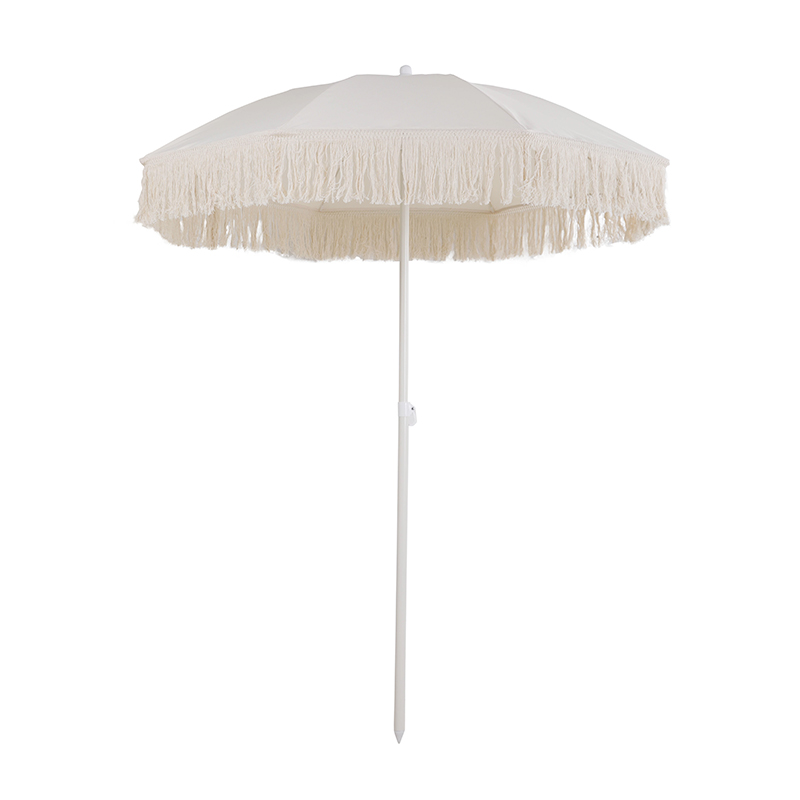
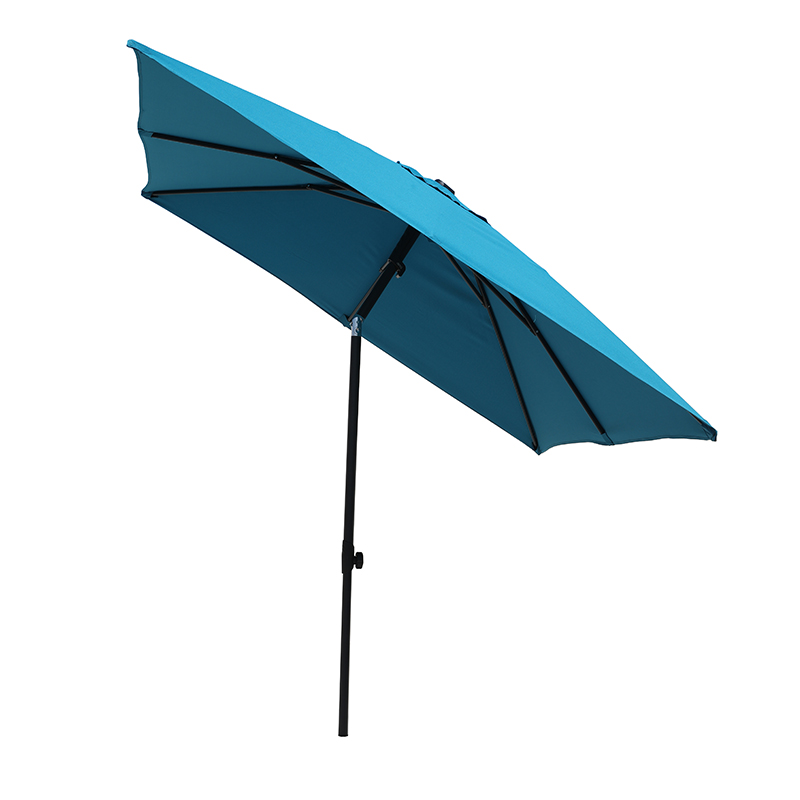
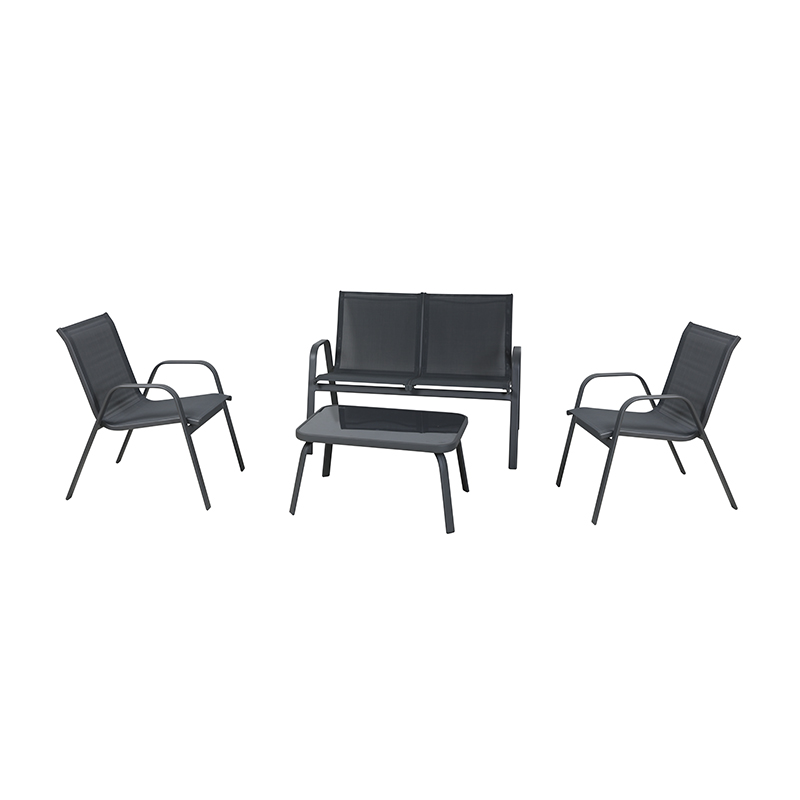
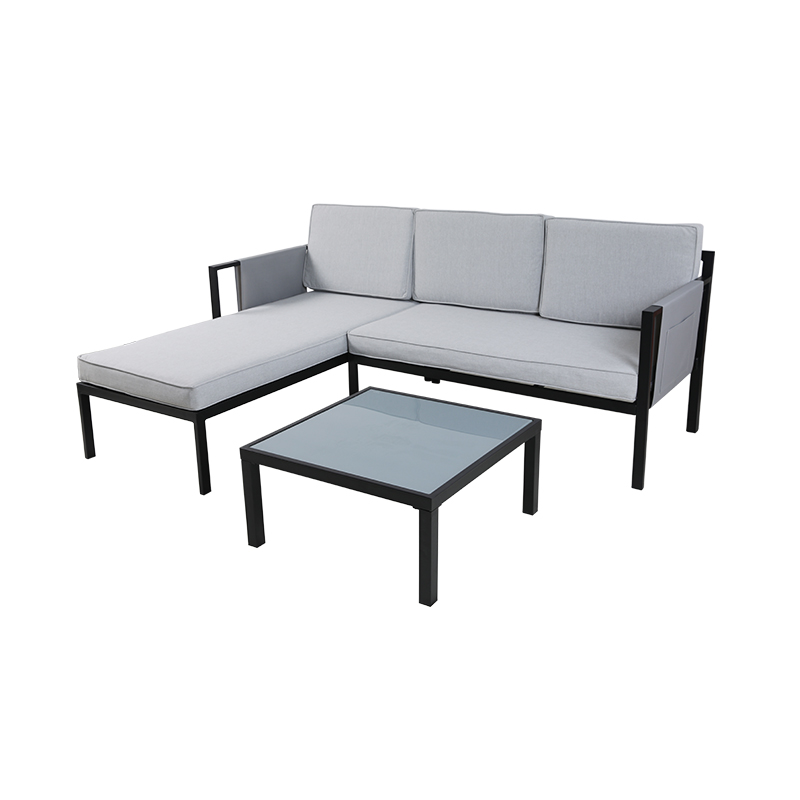
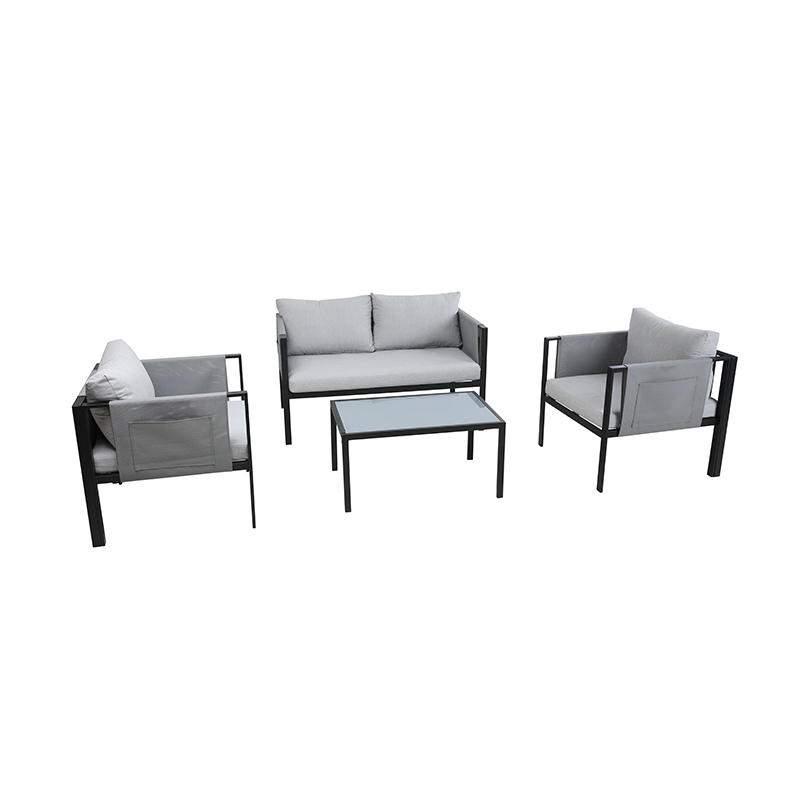

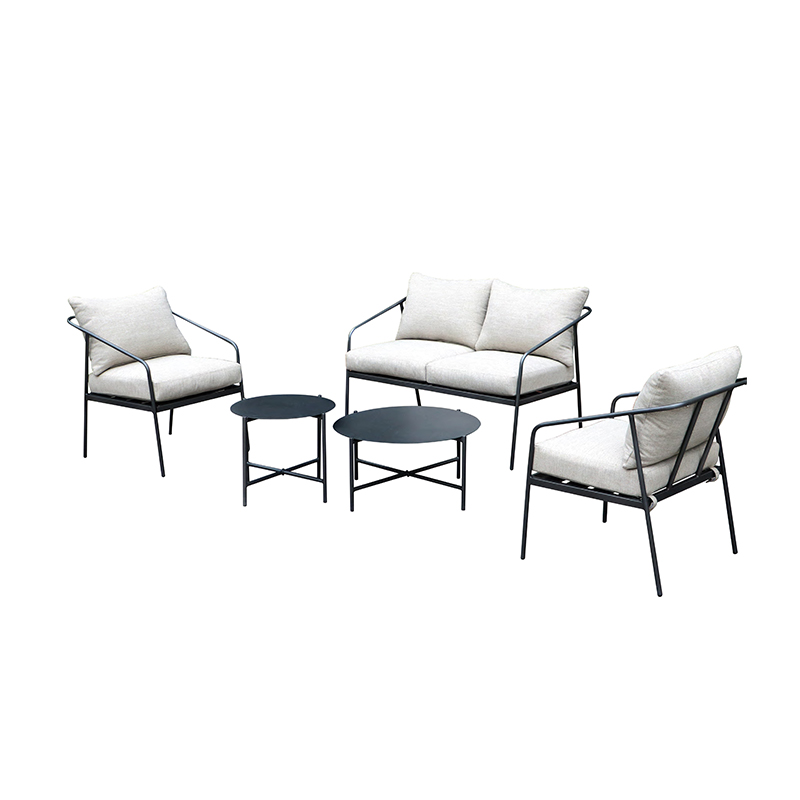
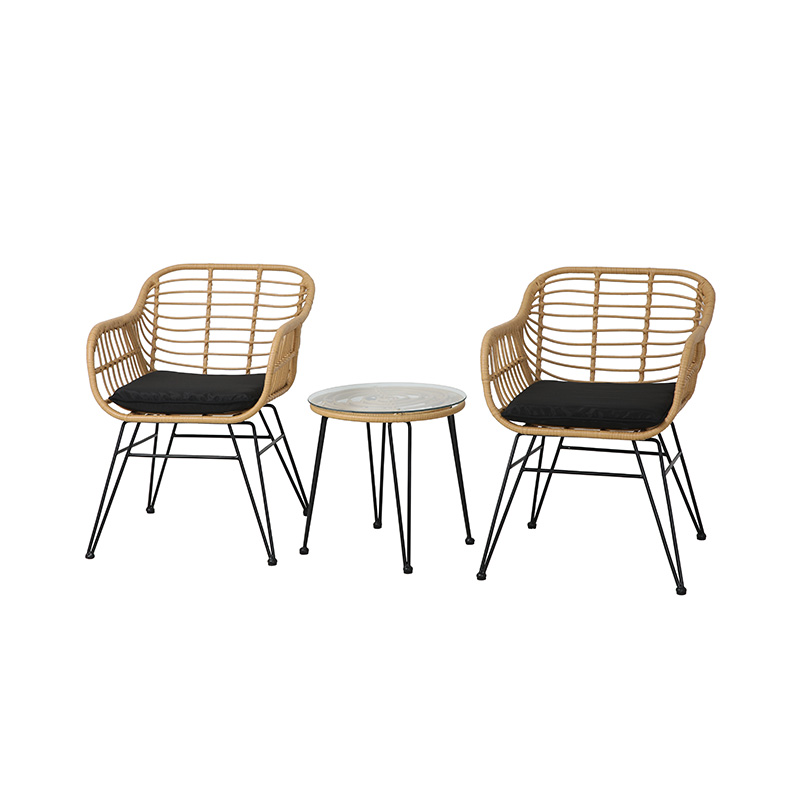

 Tel
Tel  Email
Email  ADDRESS
ADDRESS 














